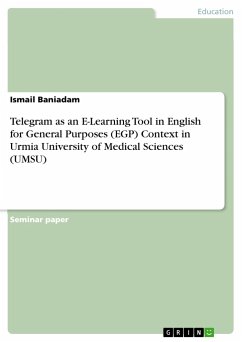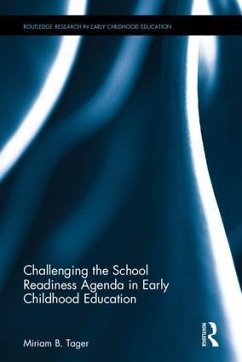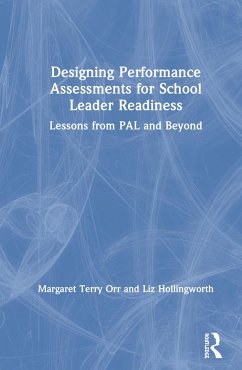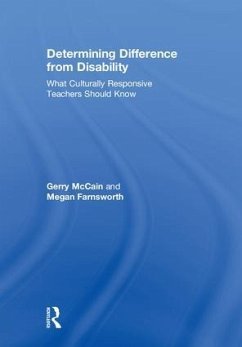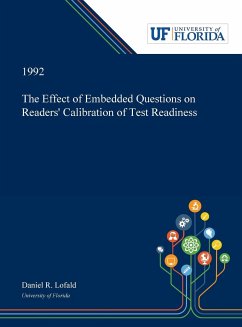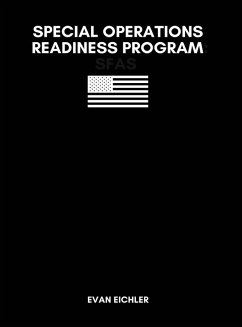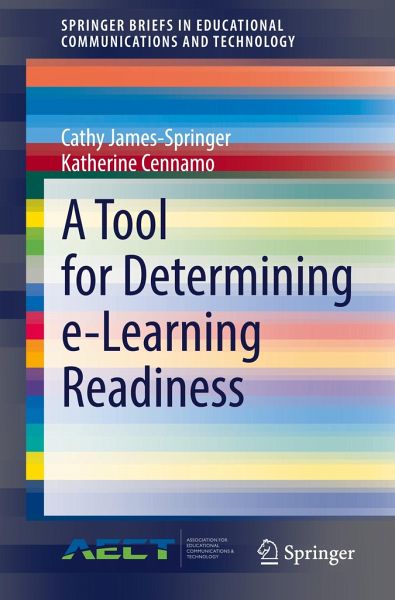
A Tool for Determining e-Learning Readiness

PAYBACK Punkte
23 °P sammeln!
This book presents a tool to determine e-learning readiness in workplace organizations. It offers a case study of the design and development process and outlines factors to be taken into account to determine e-learning readiness. It details the four objectives of this tool: to highlight specific parameters for determining e-learning readiness, to provide a systematic process to determine the readiness of an organization, to enable flexibility for the environmental context, and to capture the interrelatedness of the many areas in the organization. Next, it discusses the main element of the tool...
This book presents a tool to determine e-learning readiness in workplace organizations. It offers a case study of the design and development process and outlines factors to be taken into account to determine e-learning readiness. It details the four objectives of this tool: to highlight specific parameters for determining e-learning readiness, to provide a systematic process to determine the readiness of an organization, to enable flexibility for the environmental context, and to capture the interrelatedness of the many areas in the organization. Next, it discusses the main element of the tool: surveys that are used to facilitate collection of data on organizational, learner and technology readiness. The book concludes with a look at practical ways of using the information gathered from the data produced.



